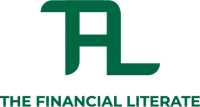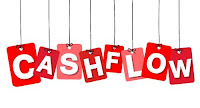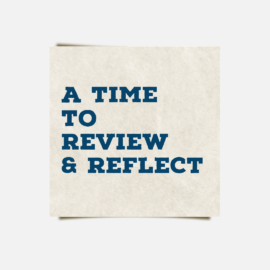“The first step towards financial literacy is the management of your cash flow”
Cash flow is simply the inflow (incoming) and outflow (outgoing) of cash. Cash flow management is simply the management of our income and expenses. There’s no point generating more income if you can’t manage your cash flow well. Here are some points to help you manage your cash flow well.
Factor in timing of cash flow in your budget. Your budget should preserve liquidity i.e. having enough money to meet ongoing obligations. Yea, you might be expecting an income to cover up some expenses, factoring in the timing of these flows is very important. For example, your income comes in at the last day of the month. This should cover all forthcoming expenses. However, there’s an obligation you need to pay on the 25th day of the month. Factoring of timing means you have budgeted for that obligation from the previous income. That way, on the 25th day, you have money to meet up the obligation.
Your investment should also accommodate timing. You shouldn’t invest long term and be cash strapped short term. Investment is not just about returns. Understand the timing of each investment and plan its liquidity to suit the timing of your financial obligations. Liquidity represents the amount of cash on hand, available for use. Identify the timing of your house rent, tuition/wards’ fees etc. and ensure the availability of funds to meet them up. It doesn’t sound well that you have the money but you can’t meet up your obligations because it is tied up in investment.
Check out avoidable expenses. By taking care of your belongings, you can avoid/minimise repairs. This includes everything you own starting from eyeglasses to devices to vehicles. Take proper care of what you own. This minimizes expenses that eat up your income.
Plan for financial goals. Projects/expenses that require huge amount of money should be planned for in good time. For instance, you can start setting money aside monthly from January for an enormous expense in September.
Your emergency fund should not be left out. An emergency fund is a readily accessible source of assets set aside to cover unexpected financial dilemmas. These includes a car break down, unexpected hospital bill, loss of major source of income etc. Read more on emergency fund here
Finally, create a budget and stick to it. I can’t stress that out enough
Manage your cash flow well and you are on your way to financial literacy!
We believe in you!
To your financial independence and freedom
Managing Your Cash Flow


